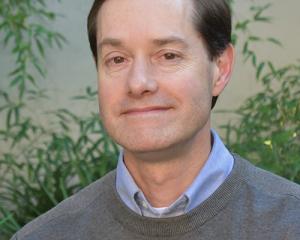COVID could take on a similar ebb and flow to the flu, but there is plenty left to figure out about just how severe and disruptive it will continue to be. UW Professor of Biostatistics and Fred Hutch researcher M. Elizabeth Halloran is quoted.
In the News


Research Professor of Biostatistics and Fred Hutch faculty member Barbra Richardson is quoted.


Fred Hutch researcher and Research Professor of Biostatistics Peter Gilbert is corresponding author on new study examining correlates of protection, immunological markers that can be used to reliably predict the level of vaccine efficacy against a clinically relevant endpoint such as COVID-19.


We are no longer in the most dangerous phase of the pandemic, but we also have not reached the end. So COVID-19’s trajectory over the next few months will depend on three key unknowns: how our immunity holds up, how the virus changes, and how we behave. Professor of Biostatistics and Fred Hutch researcher M. Elizabeth Halloran is mentioned.


Katrina A.B. Goddard (MS ’95, PhD ’99) was appointed Director of the Division of Cancer Control and Population Sciences (DCCPS) in October 2021. In this position, she oversees a division of the National Cancer Institute that covers a wide range of scientific domains and disciplines, including epidemiology, behavioral science, surveillance and statistics, cancer survivorship, and health services and outcomes research.


With funding from the NIH’s National Institute on Aging, the UW center began collecting data from another set of centers housed in hospitals and clinics across the country. These centers, Alzheimer’s Disease Research Centers(ADRCs), have now grown in number to 35 — including the ADRC at UW Medicine. Biostatistics faculty members Ellen Wijsman and Ali Shojaie serve as lead and co-investigator, respectively, of the ADRC Data Management and Statistics Core.


Eventually we might all have to deal with COVID-19—but a shorter, gentler version, thanks to vaccines. 2021-22 Prentice Endowed Professor and Fred Hutch biostatistician Holly Janes is quoted.


Carolyn Hutter (MS ’09 Biostat, PhD ’08 Epi), director of the NHGRI Division of Genome Sciences, is quoted.

